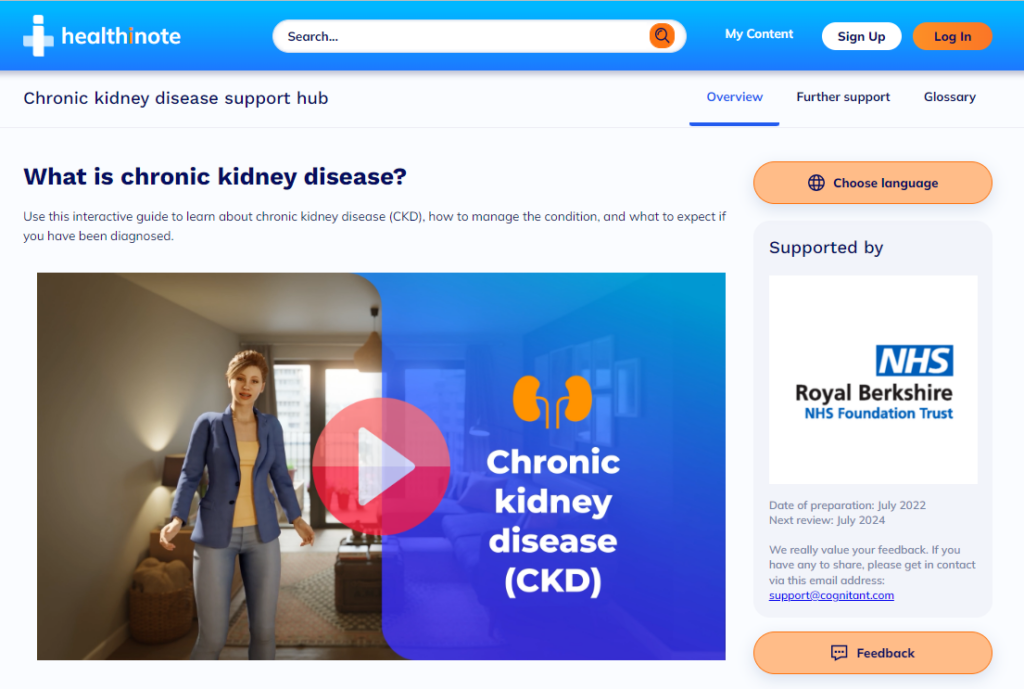By Dr Emma Vaux OBE, Medical Associate Director of Patient Safety and Consultant nephrologist, Royal Berkshire Hospital NHS Foundation Trust
The Care Quality Commission reported last year that the NHS is gridlocked and unable to provide acceptable standards of care to patients. As a doctor who worked in the NHS for 20 years, I can confirm that we are experiencing some of the most intense pressures we have ever seen, at all points in the system. From GP appointments to outpatient clinics, we’re seeing some of the longest wait times, and with the effects of winter bedded in, the situation has worsened. More recently, the stripping of NHS tech funding threatens to stifle innovation when we need it most. That said, it’s not an entirely negative story.
As we all know, the pandemic opened our eyes to new ways of working, and accelerated the delivery of new models of care, including digital first approaches. This has enabled us to reach patients in new and sometimes profound ways. At the same time, it revealed just how deep health inequality runs, and addressed how important it is to continue to experiment with new approaches to care so we can improve the health of as many patients as possible.

Extracting the most value from every clinical interaction
As a nephrologist, I care for a lot of patients with chronic conditions who will need to frequently engage with healthcare services throughout their lifetime. These patients have multiple points of interaction with healthcare service where they may have to face long waiting times. So, it’s important that we consider how we can tailor our interactions with patients at every step, to extract maximum value out of each appointment and, where possible, reduce the number of necessary hospital visits.
For me, a person who is engaged in their care and taking part in shared decision making about their condition and treatment is crucial to improving their ability to self-manage and improve their overall health outcomes, hence reducing their need for overwhelmed health services.
Take the example of a person who is newly diagnosed with chronic kidney disease (CKD). We need to do all we can to help this person to understand how they can reduce their risk of stroke, heart attack or worsening of kidney function. Enabling people to understand more about their health in an accessible way is one method of helping this to happen.
At Royal Berkshire NHS Foundation Trust, we use a digital avatar-led educational tool which we developed with Cognitant and is shared with patients via a health information prescription. The programme, co-created with patients, patient advisory groups, GPs, dieticians, pharmacists and renal specialists, guide people through information to help them better understand and manage their condition.
